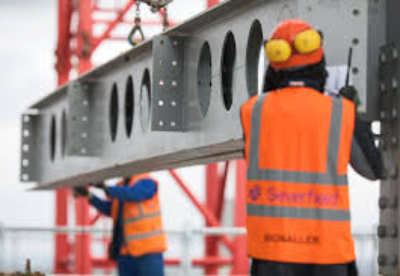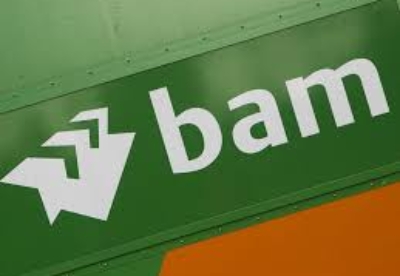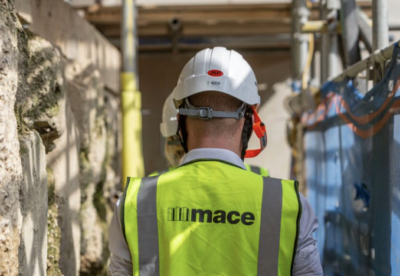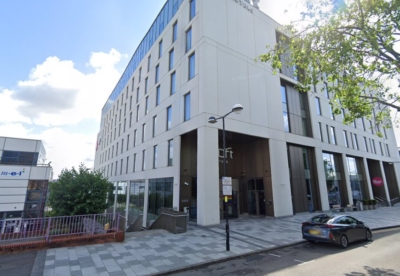Contractors hiring workers will be legally required to carry out checks confirming that anyone working in their name is eligible to work in the UK, bringing them in line with present checks needed for employees.
Home secretary Yvette Cooper said that the fresh changes would mean that for the very first time, employment checks would be extended to cover businesses hiring gig economy and zero-hours workers in sectors like construction, food delivery, beauty salons and courier services.
Businesses failing to carry out checks face hefty penalties already in place for those hiring illegal workers in traditional employment roles.
This includes fines of up to £60,000 per worker, business closures, director bans and prison sentences of up to 5 years.
The UK government’s Right to Work checks were primarily designed for employers to verify the right to work of employees, not self-employed individuals.
Currently, thousands of companies using these flexible arrangements are not legally required to check the status of self-employed workers.
The Home Office said the change would be made possible by amending the government’s Border Security, Asylum and Immigration Bill, which is making its way through Parliament.
The department said a full consultation with businesses on implementing the checks would then follow.
It said checks would take just minutes to confirm someone’s immigration status and allow them legally to work in the UK.
The Home Office will provide a checking service with businesses able to utilise digital ID verification technology to support the process. There is also support in place for employers with enquiries about the process.
Its crackdown on illegal working forms a critical part of the government’s plan to strengthen the entire immigration system.
Cooper said: “Under our Plan for Change, we are restoring order to the asylum and immigration system by introducing tougher laws and bolstering enforcement action to tackle illegal working and stopping rogue employers in their tracks.
“Turning a blind eye to illegal working plays into the hands of callous people smugglers trying to sell spaces on flimsy, overcrowded boats with the promise of work and a life in the UK.
“These exploitative practices are often an attempt to undercut competitors who are doing the right thing. But we are clear that the rules need to be respected and enforced.”
These new laws build on significant efforts to stop organised immigration crime and protect the integrity of UK borders, including increasing raids and arrests for illegal working.








 (300 x 250 px) (2).png)














































